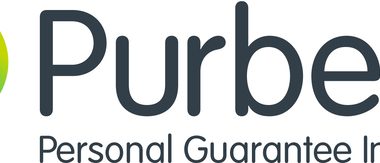Last Updated on: 10th September 2024, 05:27 pm
Thirty-five property sourcing businesses have been fined a collective total of more than £150,000 between 1st April and 30th September 2023.
A fresh analysis by the National Association of Professional Sourcing Agents (NAPSA) has revealed that 35 UK property sourcing businesses were fined a total of £150,299 by HMRC for breaches of anti-money laundering (AML) regulations between April and September last year.
The data comes from HMRC’s ‘fine list’, published in June this year, which shows a total of 251 fines issued to property businesses, including estate agents and letting agents.
The fines for property sourcing agents ranged from £1,450 to £23,500, largely for failing to register with HMRC for AML supervision within the required timeframe. Several agents were also cited for breaching additional AML regulations in their business practices.
“These figures indicate that HMRC is no longer solely focusing on estate and letting agencies but is now widening its reach to encompass all property businesses that are violating AML rules,” says Tina Walsh, CEO of NAPSA. “It’s crucial for property education companies to recognise that their training around ‘property sourcing and deal packaging compliance’ is often far below the standard necessary to avoid these fines.”
The fined businesses varied in size and were spread across the UK, with 13 located in London, three in Cornwall, two in Sunderland, and others based in Harrogate, Kent, Luton, and Glasgow.
HMRC issued the fines based on businesses failing to register for AML supervision or delays in registration after establishing their company with Companies House. The amount traded during this period, along with the seriousness of the breaches, were additional factors considered in the penalties.
NAPSA’s research also highlights that some of the “strategies used to avoid registering with HMRC” are becoming ineffective, such as registering under a “vague” Standard Industrial Classification (SIC) Code or assuming that operating as a sole trader would make a business untraceable.
“Several sourcing agents who were fined had registered under an unclear SIC Code or operated as sole traders, had no website, and yet were still identified. How did that happen? Perhaps HMRC has developed new techniques to find businesses. If that is the case, then now, no matter what some ‘experts’ say, there really is nowhere to hide from HMRC.”
To find out more about the fines, visit www.napsa.org.uk/hmrc-aml-fines-sourcing.








